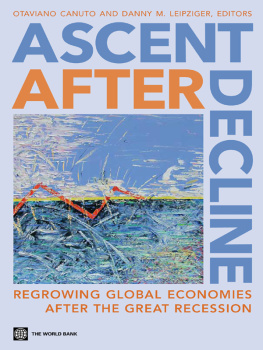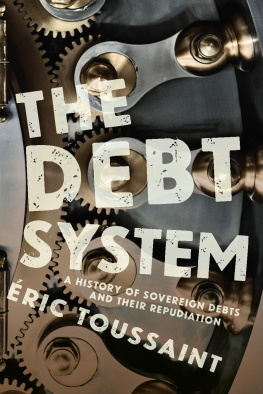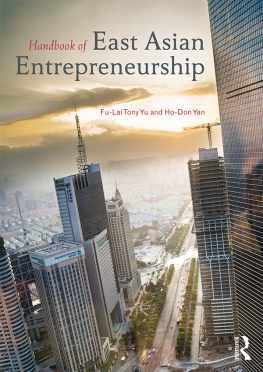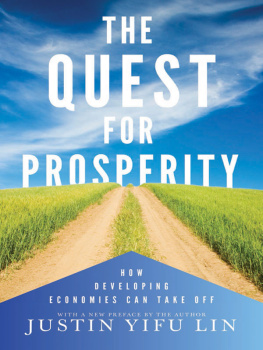The Art of Economic Catch-Up
In his previous Schumpeter Prize-winning work, Lee analysed the middle-income trap, in which a developing country grows strongly only to plateau at a certain point. Yet certain developing countries, most significantly China, have managed to escape this trap. Building on the conception of the ladder from developing to developed countries being kicked way, this book suggests alternative ways, such as leapfrogging, in which latecomers can catch up with their forerunners. Providing policy solutions for development challenges in nontechnical terms, Lee frames his theories with insightful and inventive allegories. In doing so, he also accounts for the catch-up paradox, in which one cannot conclusively catch up if they are continually trying to follow the path of those ahead. Lee argues that eventual catch-up and overtaking require pursuing a path that differs from that taken by forerunners. This highly original and accessible book will appeal to students, scholars, practitioners, and anyone interested in economic development and innovation.
Keun Lee is Professor of Economics at the Seoul National University, and the founding director of the Center for Economic Catch-up. He was also the President of the International Schumpeter Society, and a member of the UN Committee for Development Policy, and currently an editor of Research Policy , a council member of the World Economic Forum, and a member of the governing board of Globelics. He was awarded the 2014 Schumpeter Prize for his book on Schumpeterian Analysis of Economic Catch-up: Knowledge, Path-creation and the Middle Income Trap (Cambridge University Press, 2013).
Reviews
Economists and policy makers all over the world are eager to understand better the remarkable technological and economic development of Korea, Taiwan, and more recently China from poor backward economies to economies supporting a number of world class sophisticated industries. In my view the writings over the past decade of Keun Lee have provided great illumination regarding how this progress has been achieved. This book provides a coherent and accessible review of his analyses and takes it further to consider how these countries have been able to reach the technological and economic frontiers despite increasing resistance from firms and countries who have not welcomed this new competition. This book is essential reading for those interested in economic development.
Richard R. Nelson, Columbia University
Only a few middle-income economies have been able to cross the hurdle to reach high-income status since the end of World War II. Drawing from the experiences of those few economies, the book not only identifies the key for the success to sustain dynamic, technological innovation but also provides practical advice to the enterprises and the government in a middle-income economy about how to do it. This is an impeccably researched and very readable book. A must read for anyone who is concerned about the middle-income trap and how to overcome it.
Justin Yifu Lin, Dean, the Institute of New Structural Economics and Institute of South-South Cooperation and Development, Peking University; Former Chief Economist, the World Bank
Building on his mastery of state-of-the-art economic theories and drawing on his unparalleled knowledge of how firms and nations develop, Keun Lee has produced an invaluable guide to economic catch-up. The book provides very pragmatic but highly sophisticated advice to policy makers and firm-managers in developing nations that want to develop their economies. It is simply a remarkable book.
Ha-Joon Chang, University of Cambridge, author of Kicking Away the Ladder and Economics: The Users Guide
A world expert on how developing countries catch up to developed ones, Professor Keun Lee has now written an accessible and important book about the strategies developing countries can use to overcome the barriers they face. This is a must-have book for both policy makers and businessmen in developing countries.
Lord David Sainsbury, former Minster of Science and Innovation, UK Government
Keun Lees new book starts with a deep meditation on the process and detours of economic transformation, and quickly becomes a captivating treatise and a sparkling manifesto on the mechanics of sustained economic changes. It ends up being a policy blueprint on how to handle the big issues that keep economists, political leaders, development experts, and ordinary citizens up at night. Keun Lee has charted the path to economic nirvana.
Clestin Monga, Vice-President, African Development Bank Group
Using colorful metaphors and rich case studies, this provocative volume very effectively distills the insights from Lees prize-winning Schumpeterian Analysis of Economic Catch Up for generalists and policy makers. Based on his formidable experience in East Asia, Lee postulates a set of barriers developing countries potentially face to following established development paths. He then offers valuable lessons on, for instance, the limitations of passive GVC insertion strategies, or the identification of windows of opportunity where entry barriers are not yet established. Taken together, Lee offers central elements of what he intriguingly terms the art of catch up of identifying or creating new paths to prosperity.
William Maloney, Chief Economist of Equitable Growth, Finance, & Institutions, World Bank
With the technological frontier changing as fast as it is now, a must-read to better understand the past and the future of development. Lee provides compelling evidence that catching up is an art with no predetermined path and makes societies and policy makers accountable for their choices.
Annalisa Primi, Head, Structural Policies and Innovation, Development Center, OECD
Keun Lees new book proposes strategies for industrial development that are current, feasible, and well argued. He brings a welcome recognition of the scale of Chinas industrialization and its implications for the greening of development strategies.
Professor John Mathews, Macquarie University, Sydney
In this book, one of the forefront thinkers today derives an attractive argument for the closing of the development gap between latecomer and leading countries. Framed along the catch-up paradox, the argument is based on the concept that one is not able to catch up if s/he just keeps catching up. In the authors words, eventual catch-up and overtaking require economies to pursue a path that differs from that taken by the forerunners. The important concepts here are building capabilities and leapfrogging by swiftly exploiting windows of opportunity. Keun Lee uses his virtuosity and deep understanding of the development process to put forward a very exciting book. A must-read for development economists in the field of technology upgrading and economic convergence.
Nick Vonortas, Professor, the George Washington University and Editor, Science and Public Policy
This lucidly written book is a seminal research work that recognizes narrow pathways with high risks and uncertainty, but shows alternative ways to move ahead on the sustainable path of economic development and transformation both in developed and developing countries. Keun Lee ignited hope for developing countries to catch up and shape economic thinking and public policy for a new and better world. This book is a must-read for public policy makers and scholars of development economics and innovation studies.
Lakhwinder Singh, Professor of Economics, Punjabi University, India
The Art of Economic Catch-Up








